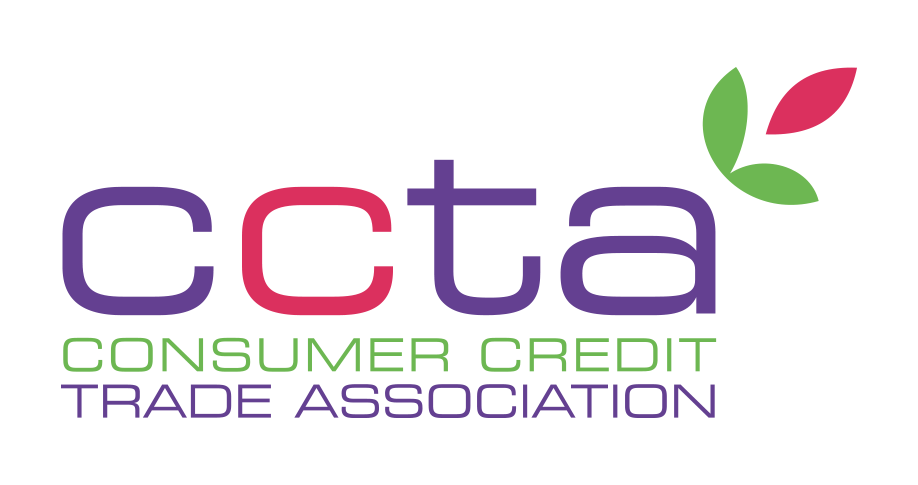How to sell your unwanted stuff online
Selling your unwanted items online is a great way to make money quickly and get rid of clutter. But the variety of selling apps and websites out there can seem overwhelming, and if you’re an inexperienced seller, you may feel like giving up before you’ve even started!
We’ve created a complete guide to selling your stuff online to help you advertise the right items on the right sites and maximise your profits. Read on to find out how you can sell your unwanted belongings online.

Top six sites for selling on
When you think of selling online, the retail giants such as eBay and Amazon will immediately spring to mind. These sites are great for quickly shifting unwanted items, but their listing fees can take a chunk out of your profits.
Why not try these alternatives that have no listing fees?
- FaceBay (Facebook Marketplace)
- Gumtree
- Shpock (Boot sale app)
- Preloved
- Vinted and Depop (clothes selling apps)
By listing your items for free, you won’t need to set aside a selling budget, and better still, all the cash you make is yours to keep!
Five top tips for selling online
1. Do your research
Always identify which items are most popular on the sites you’re using before you list your items for sale. The popularity of items is always different at any one time and is forever changing on selling apps and websites. That’s why it’s important to keep up with selling trends
Simply scroll through the items that are on each site and see which ones have generated lots of interest or are selling for good prices. In doing this, you can then determine which site each of the items you are looking to sell will perform best on.
2. Be honest
Providing a detailed description on each item’s profile is essential if you want to sell things quickly and build up your reputation as a trustworthy seller.
When it comes to selling online, honesty is key, and reporting on the condition of your items truthfully is a fail-safe way to minimise complaints, returns and bad reviews.
Remember, one man’s trash is another man’s treasure, and many people may even be looking to purchase less than perfect items for a lower price. Even if some of your items, such as furniture or homeware, are slightly damaged, as long as you highlight the issues clearly, there’s still a good chance they could be snapped up.
3. Make your pictures Instagram worthy
Instagram worthy pictures are a must these days. If your item looks good, then it’s more likely to get noticed. Here’s a few pointers for getting the perfect photographs:
- Clean your items thoroughly and iron any items of clothing
- Try to maintain natural lighting with no blur
- If you’re selling clothing, then take a picture of someone wearing the item or photograph it on a hanger
- Make sure you have a selection of photographs from different angles
- Include close-ups of any smaller details
- Ensure there are no reflections
4. It’s all about timing!
The time which you list your items, and end your auctions, is key when it comes to making a good sale, and the time of day, month and even the time of year can all have an impact on how well your item performs:
By year
Don’t sell summer items during winter months and vice versa. Wait until the time is right, as there’s a higher chance your product will be more in demand and sell for a better price.
Also, there are times of the year when people will naturally buy more. For example, you might want to consider listing items in the lead up to Christmas or Valentine’s Day, or in the New Year when people are spending their Christmas money or on the lookout for unwanted Christmas gifts at bargain prices.
By month
Always list your items at the start of the month rather than the end, as this will coincide with pay days!
By day
You should also consider the day of the week and the time of day. According to eBay, Sunday evenings are the busiest shopping time on their site. Ending auctions at this time enables bidders to fight for the item (as they are more likely to be at home) resulting in the price increasing. You can further boost your chances of a bidding war by choosing a longer auction period, as this will mean more people will see the item.
5. Be savvy with pricing
Pricing also plays a key role in maximising your profits. Price your goods too high and you’ll put people off, but price them too low and you won’t make any money. Here’s three top tips on how to be savvy with your pricing:
- Start by calculating the average cost. Find the price of your item brand new and the second-hand price, and also look at the price that other sellers are charging for the same (or similar) items and find the average.
- Consider the cost of postage or delivery upfront and try not to price it too high, as a pricey postage cost can put off potential buyers. Royal Mail offer a useful guide on pricing items properly.
- Be flexible! You are selling used goods after all, so expect to negotiate if someone makes you an offer.
Selling website round-up
Here’s a round-up of what’s included on each selling site, as well as some of our favourite features:
eBay:
- Payment system is simple, even when selling internationally
- Sellers can include lots of images
- High traffic channel
- Insertion fee and final value fee
- Less flexibility because of eBay’s requirements
FaceBay:
- Items are easy to list
- There are no seller fees
- Listed items are shown to members of the local community by default
- Your Facebook identity is exposed
- Only available on IOS and Android
Gumtree:
- There are no seller fees
- Generally, collection only
Shpock:
- Local listings, so no postage fees and the potential for quick sales
- There are no seller fees
- Sellers can share ads on Facebook or Twitter to spread awareness
Depop:
- Sellers can tag items to raise greater awareness
- Items are easy to upload
- Depop takes a 10% commission fee on a sold item

